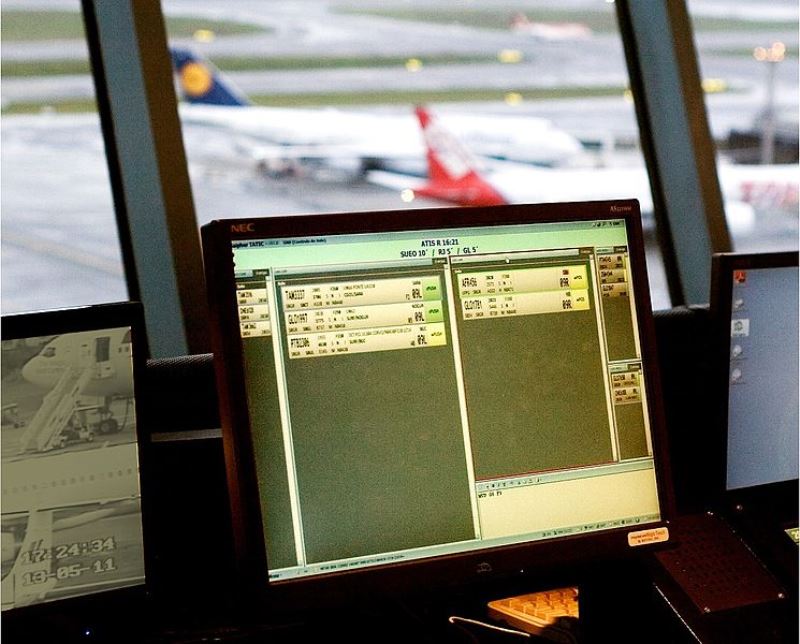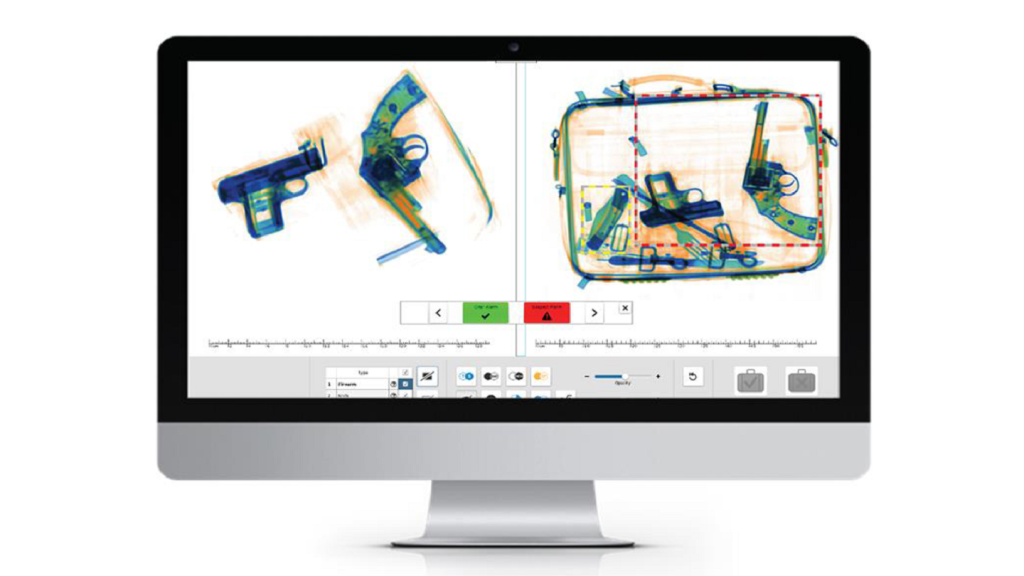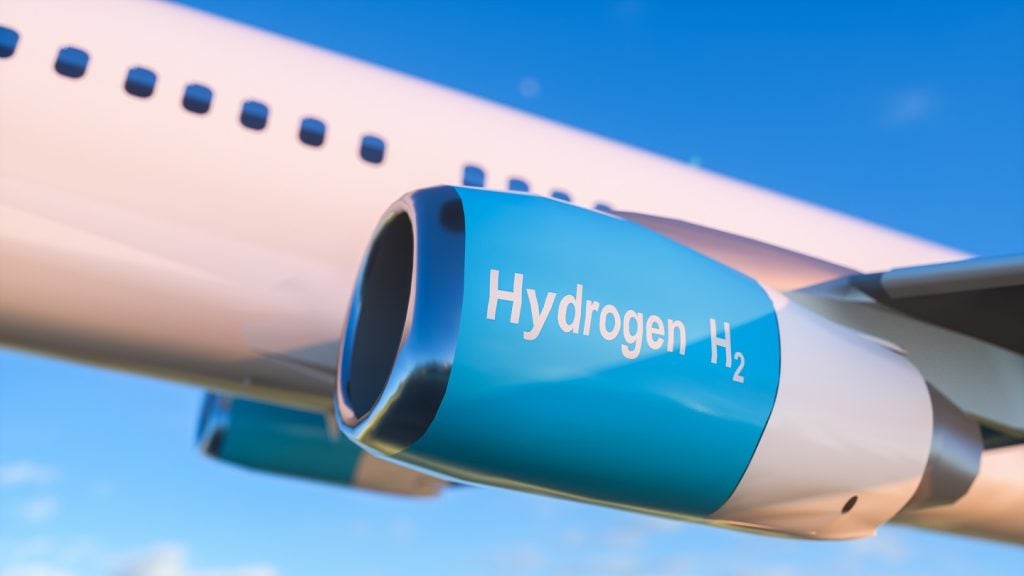
Birmingham Airport in the UK has installed a new flight data display system to improve its flight handling operations.
The airport has installed Electronic Flight Progress Strips (EFPS) in its air traffic control (ATC) tower. EFPS replaces the existing paper-based system that was used to track incoming and outgoing flights.
EFPS offers safety nets that aid controllers to detect potential conflicts between aircraft and vehicles. It reduces verbal coordination between controllers.
In addition, the technology enables the sharing of information between the airport’s different stakeholders.
The airport has also installed the Advanced Surface Movement Guidance Control System (ASMGCS), which leverages ground surface radar and multilateration data to complement EFPS.
The European Union and Innovation and Networks Executive Agency (INEA) have jointly funded the installation of the systems.
How well do you really know your competitors?
Access the most comprehensive Company Profiles on the market, powered by GlobalData. Save hours of research. Gain competitive edge.

Thank you!
Your download email will arrive shortly
Not ready to buy yet? Download a free sample
We are confident about the unique quality of our Company Profiles. However, we want you to make the most beneficial decision for your business, so we offer a free sample that you can download by submitting the below form
By GlobalDataEFPS is part of the project aimed at upgrading the ATC infrastructure. The project also includes the installation of the Advanced Surface Movement Guidance & Control System and Departure Manager system.
This is expected to facilitate the launch of airport collaborative decision making (A-CDM) processes.
Birmingham Airport Air Navigation Services head Nick James said: “Airport and European Investment in the latest air traffic control systems and technologies demonstrate the ambition to develop the wider air traffic management network to facilitate efficiencies and growing demand across Europe, and ensures that Birmingham Airport is well-positioned to accommodate future demand.”
Last month, Birmingham Airport pledged to reach a net-zero carbon emissions target by 2033 by placing more focus on zero-carbon airport operations and reducing carbon offsets.
The airport claimed that it has already reduced carbon emissions by 33% since 2013, with passenger emissions reduced by 50% despite a 40% surge in numbers.







